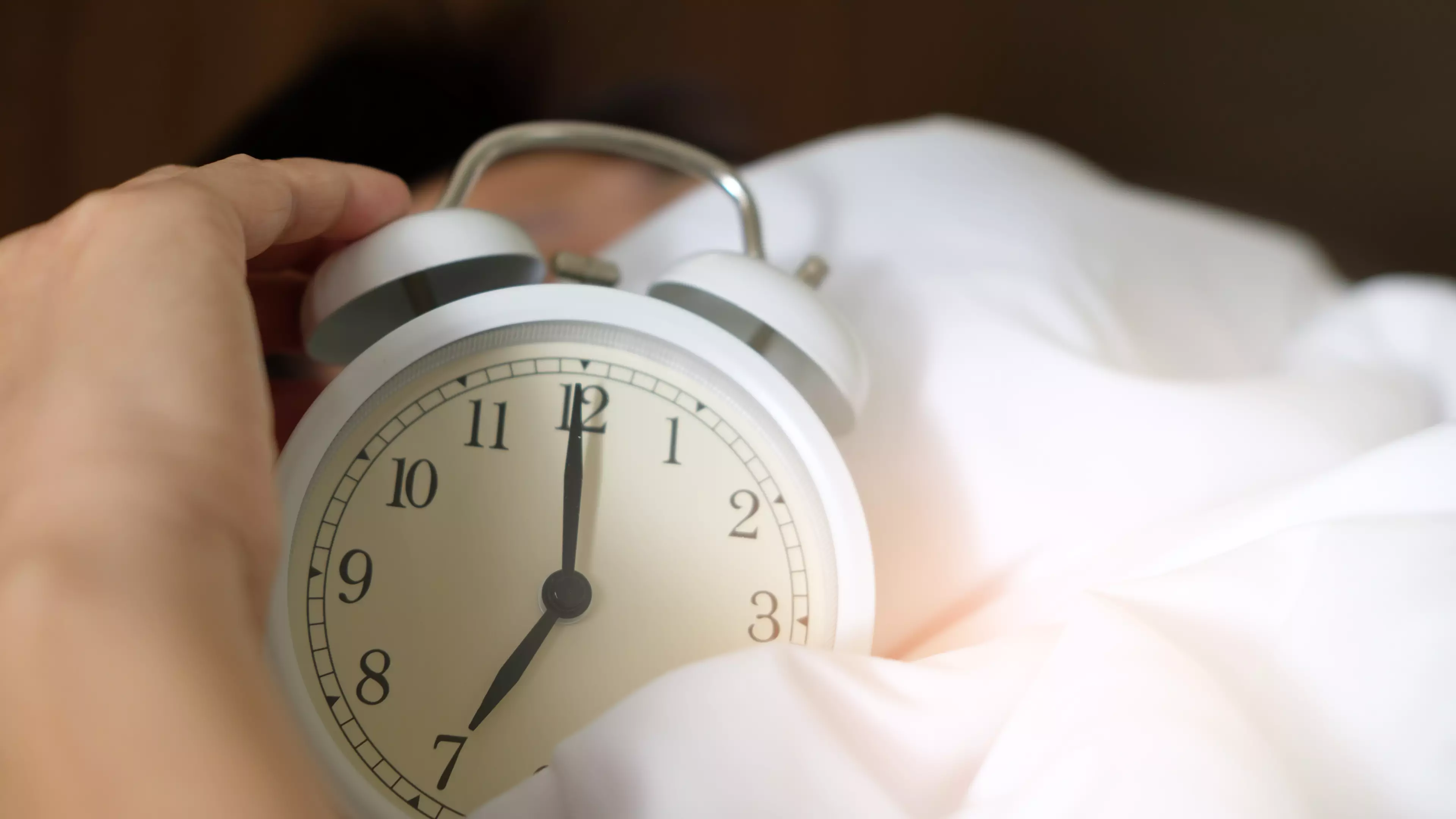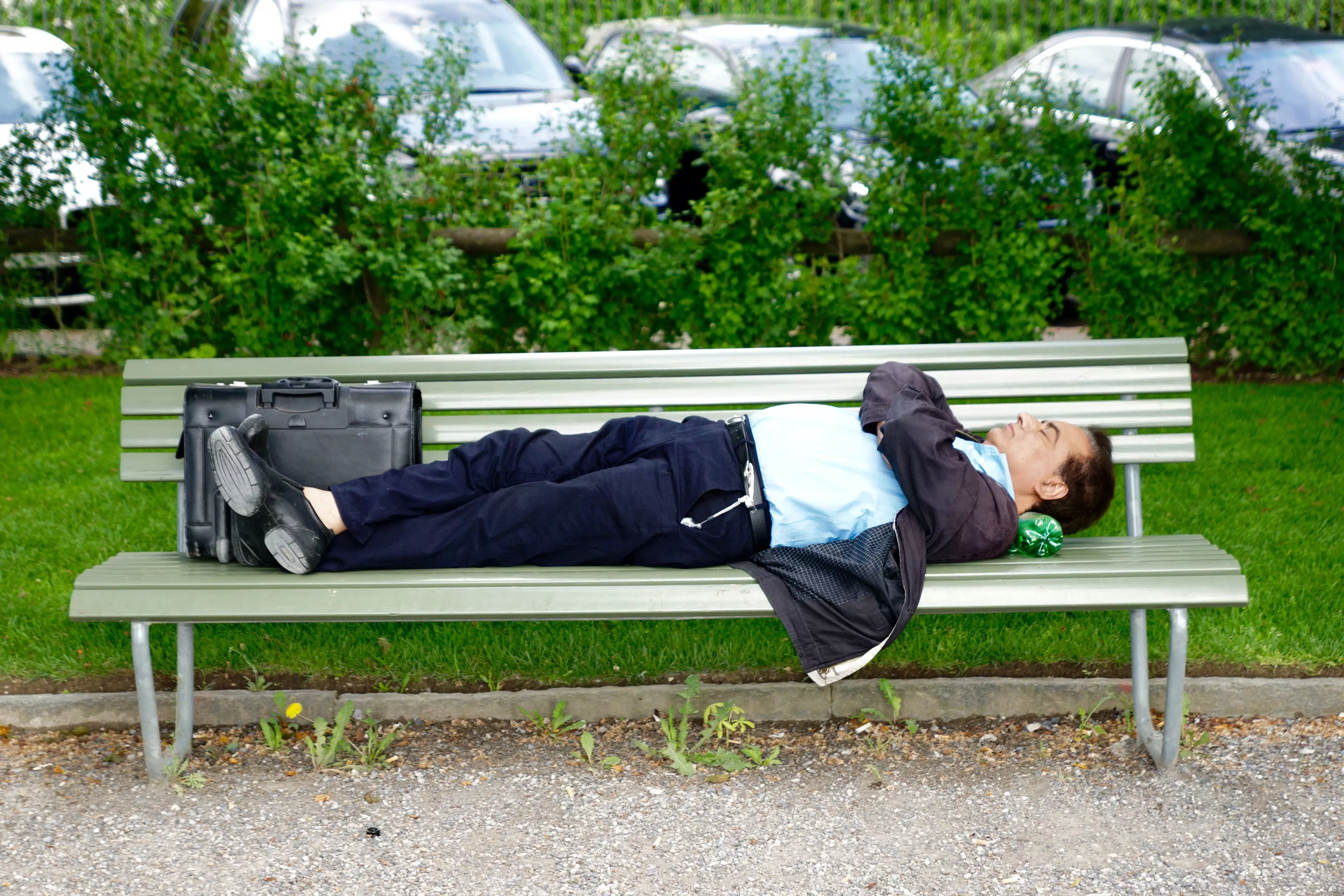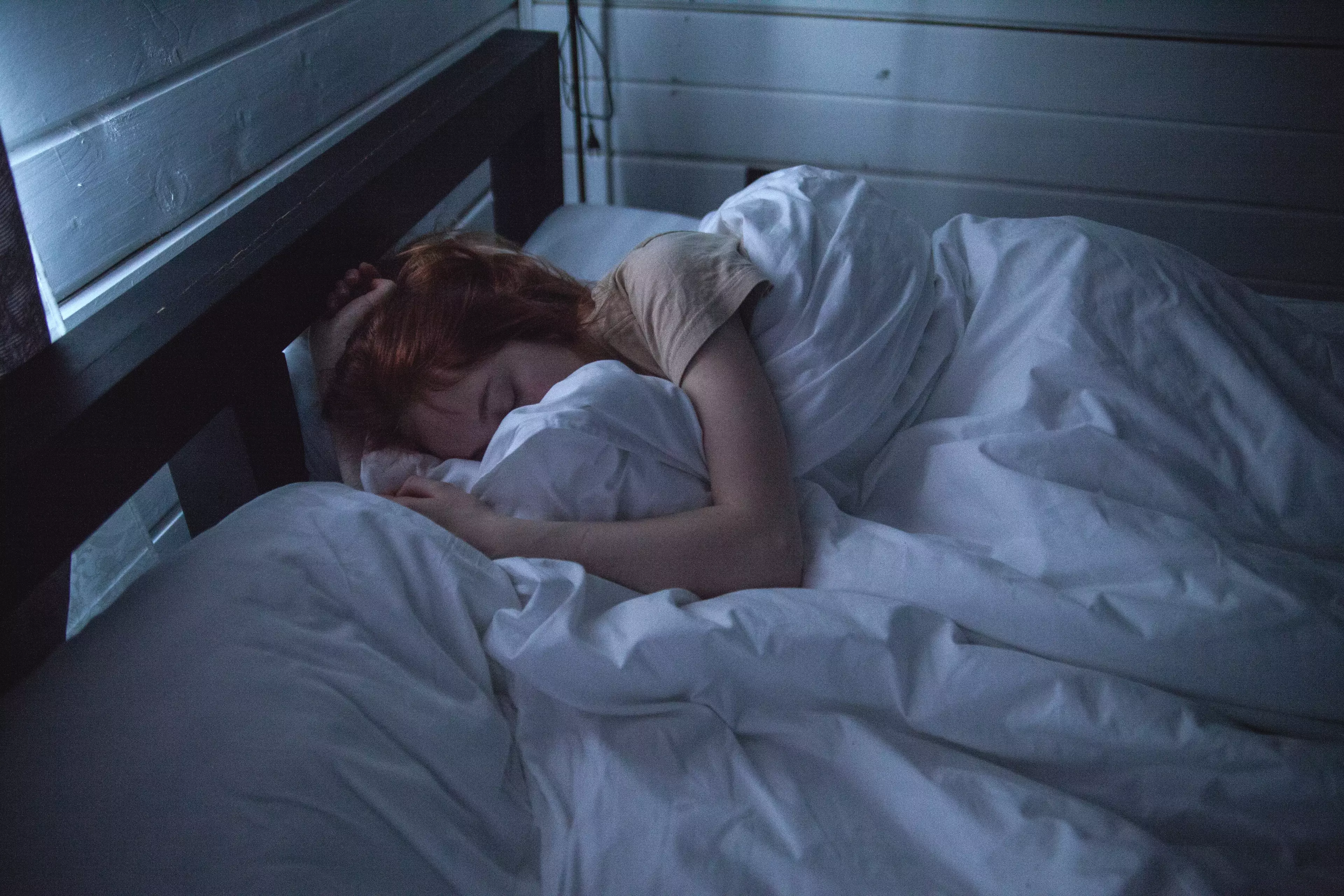
We're often told that a decent nap is exactly what we need to re-invigorate the mind and body if we're feeling a bit run down. However, that is not always the case.
Sometimes you decide to go to have a little bit of a lie down and fall asleep for a bit longer than you intended, that means that once you wake up you actually feel worse than before you started.
Well, it turns out there is a good reason for this, you're simply suffering from sleep inertia.

Let me explain.
Sleep inertia occurs when the body wakes up too suddenly from what is known as 'slow wave sleep'.
Basically, slow wave sleep is a deeper state of sleep that occurs a while after you've dozed off. In fact, it's the third stage of non-REM (rapid eye movement) sleep.
If you wake up very quickly from this stage of sleep, don't be surprised if your brain takes a little while to adjust.
The brainstem arousal system is the bit of your brain that controls your physical function. The pre-frontal cortex is the bit of you brain that controls the decisions you make and other mental functions.
They're two different offices in the same building.

Upon waking up, the physical capacities are activated immediately, but the pre-frontal cortex and - as a result - your cognitive faculties, take a wee while to get going once again.
That gives you that groggy, disorientated feeling that you sometimes get after you've napped. Not exactly what you were looking for, right?
There are a few ways that you can reduce the chances of this happening.
First off, and an obvious one, is to sleep better in general.
People who get less sleep and have lower quality of sleep are more likely to experience sleep inertia and for longer periods.
That means that if you prioritise sleeping well and sleeping the correct amount you've a better chance of avoiding grogginess.

Waking up naturally will help out too. Sleep inertia occurs when you're rudely awakened. This is due to melatonin, which is a hormone that regulates our sleep-wake cycles. If you manage to wake up at the end of a sleep cycle then you've a better chance of feeling fresher.
Ideally, you need about 7.5 hours (450 mins) of sleep each night. That's five cycles.
Oh, and if you've got to nap, nap for only around 20 minutes. After that you'll enter deeper sleep and sleep inertia territory.
Follow these rules and you should wake up feeling refreshed and ready to go again.
Happy napping!
Featured Image Credit: PexelsTopics: Science, Interesting